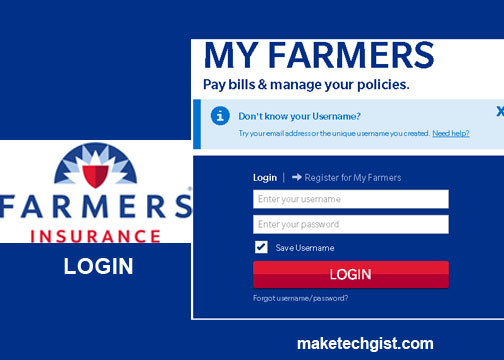Air travel is exciting, but it’s also unpredictable. Flights can get canceled at the last minute, delayed for hours, or cause you to miss important connections. For frequent flyers and occasional travelers alike, this raises a big question: does travel insurance actually cover flight cancellations and delays?
The answer is usually yes—but not for every situation. Coverage depends on your policy, the reason for the delay or cancellation, and the type of insurance you purchased. In this expanded guide, we’ll explore how travel insurance works, what’s covered, what’s not, and how to protect yourself before your next trip.
What Travel Insurance Usually Covers
Travel insurance is designed to protect travelers from financial losses when unexpected events disrupt their journey. Policies vary by provider, but most cover:
- Trip cancellation: Reimbursement for prepaid, non-refundable expenses if you cancel for a covered reason.
- Trip interruption: Compensation if you must cut your trip short due to emergencies.
- Travel delays: Reimbursement for meals, accommodation, and essentials if your flight is delayed beyond a set time frame.
- Lost or delayed baggage: Compensation for personal belongings.
- Medical emergencies abroad: Coverage for illness or accidents during travel.
Flight-related issues fall mainly under cancellation, delay, and interruption coverage.
Flight Cancellations – When They’re Covered and Not Covered
Most travel insurance policies will cover flight cancellations if they occur for valid, unexpected reasons. These usually include:
- Severe weather making travel unsafe.
- Airline strikes that halt operations.
- Medical emergencies involving you, a travel companion, or a close family member.
- Natural disasters or terrorism affecting your destination.
- Legal obligations like jury duty.
Not covered:
- You simply change your mind about traveling.
- Airline scheduling changes not related to safety.
- Pre-existing medical conditions (unless you have a waiver).
Some insurers offer “Cancel for Any Reason” (CFAR) add-ons, which give you flexibility to cancel for personal reasons, but these policies are more expensive.
Flight Delays – Compensation Rules
Flight delays are common, and most travel insurance policies provide compensation if your flight is delayed by more than a certain number of hours (usually 6–12). Compensation may include:
- Hotel stays if you’re stranded overnight.
- Meals and essential purchases.
- Transportation to and from the airport.
Coverage is generally triggered only if the delay is caused by reasons beyond your control, such as weather disruptions, mechanical failures, or airline staff strikes.
Missed Connections and Layovers
Travel insurance may also cover missed connections if they’re caused by a covered delay. For example:
- If your first flight is delayed due to mechanical issues and you miss your connecting flight, insurance can cover rebooking costs and related expenses.
- If you miss a cruise or tour departure because of a canceled flight, insurance may reimburse you for missed portions of the trip.
However, if you simply mismanage your layover time or book flights too close together, that won’t be covered.
Exclusions: What Travel Insurance Won’t Cover
It’s important to know where coverage stops. Common exclusions include:
- Cancellations due to personal choice (unless you have CFAR coverage).
- Routine airline delays under the minimum hours stated in your policy.
- Travel impacted by known events (e.g., if you buy insurance after a storm has already been forecasted).
- Certain budget airlines may not be fully covered by all policies.
Always check the fine print—what you assume is covered may not be.
How to File a Travel Insurance Claim for Flight Issues
- Keep your documents: Save boarding passes, receipts, and flight delay/cancellation notices.
- Get official confirmation: Ask the airline for written proof of the delay or cancellation.
- Contact your insurer quickly: Many policies require claims to be filed within a set period.
- Submit receipts: If you spend money on meals, hotels, or rebookings, keep all receipts for reimbursement.
Tips to Maximize Travel Insurance Benefits
- Buy insurance early: Coverage is best when purchased soon after booking your trip.
- Consider CFAR add-ons: For maximum flexibility, though more costly.
- Check your credit card perks: Some premium credit cards already include travel protection.
- Read the policy carefully: Especially sections on delays and cancellations.
- Keep digital copies of everything: Makes claims smoother.
Conclusion – Plan Smarter Before Your Trip
So, does travel insurance cover flight cancellations and delays? Yes—but only under specific conditions. Most policies cover cancellations due to emergencies, bad weather, or airline failures, and delays beyond a set number of hours. However, routine inconveniences or personal decisions aren’t covered unless you add CFAR.
The key is to choose the right policy for your travel style. If you’re flying frequently or on tight schedules, comprehensive coverage is worth the investment. With the right travel insurance in place, you can fly with confidence, knowing that unexpected setbacks won’t ruin your entire trip—or your wallet.






